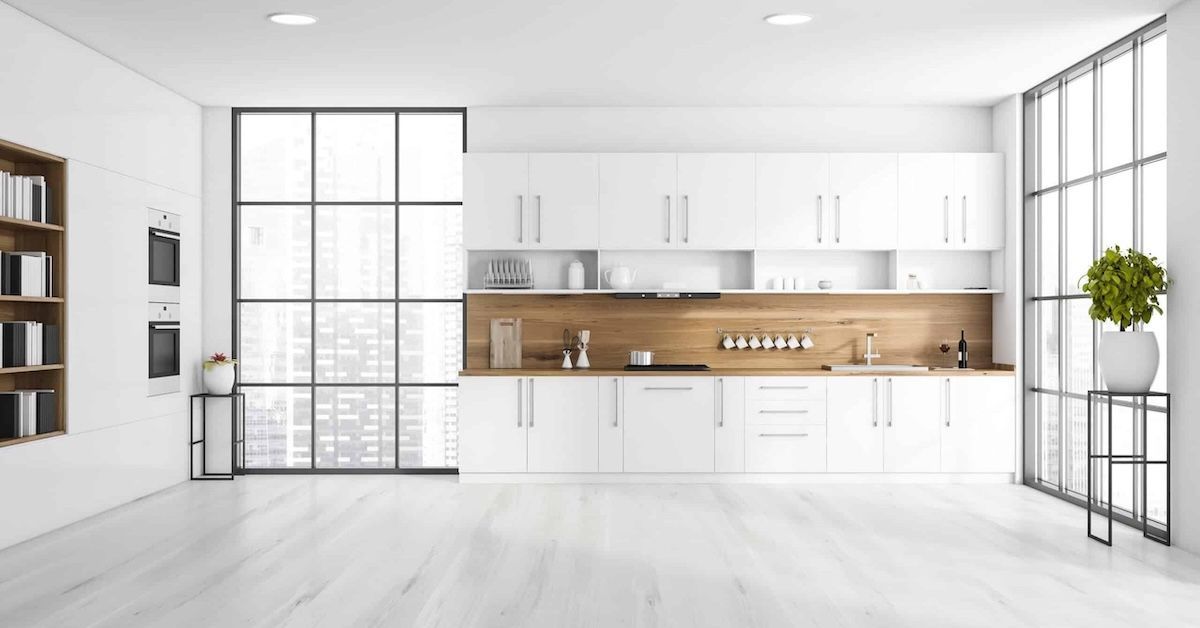What Unexpected Costs Should I Anticipate During a Kitchen Renovation?
Planning a kitchen renovation is exciting. You get to design a space that fits your lifestyle, improves your home’s value, and looks exactly the way you want it. But even with a solid budget, unexpected costs have a sneaky way of showing up. Whether it’s a surprise behind the walls or fees you didn’t think about, knowing what could pop up ahead of time helps you plan better and avoid last-minute stress.

Structural Surprises Behind the Walls
Once the demolition starts, things hidden behind your cabinets and walls can create extra expenses. Common surprises include outdated electrical wiring that doesn’t meet current codes, old plumbing that needs replacing, or even mold and water damage. These are the kinds of problems that must be fixed before moving forward, and they can increase costs fast. Having a little cushion in your budget for hidden structural fixes is a smart move.
Permit Fees and Inspection Costs
Many people forget to include permits in their renovation budget. Depending on where you live and how big your renovation is, you may need permits for plumbing, electrical work, or even structural changes like removing a wall. Cities often charge fees for each permit, and sometimes an inspector needs to check the work before you can proceed to the next stage. These fees aren’t huge individually, but they can add up quickly.
Eating Out or Temporary Kitchen Setup
If your kitchen is completely out of commission during the renovation, you’ll likely need to eat out or set up a temporary kitchen in another part of the house. Costs for takeout meals, disposable dishes, and possibly a mini fridge or portable cooktop can add a few hundred dollars to your overall expenses. It’s easy to forget these lifestyle-related costs when you’re focused on cabinetry and countertops.
Changes in Material Prices
Material prices can fluctuate, especially for items like lumber, tile, and appliances. Even if you got a quote months ago, there’s no guarantee the price will be the same when it’s time to order. If you're importing anything or using custom-made pieces, price hikes or delays can also increase your total spend. Ordering materials as early as possible and confirming prices with your contractor can help prevent these surprises.
Custom Fittings or Modifications
If your kitchen has unusual measurements or if you're working with older architecture, you might need custom-built cabinets or countertops. Custom work almost always costs more than standard sizes. Even modifying stock items to fit can come with extra labor charges. Measuring carefully and discussing your layout with a professional early in the process helps avoid surprises later.
Electrical and Lighting Add-ons
Adding outlets, under-cabinet lighting, or new fixtures often sounds simple, but it can require extra electrical work. If your current circuit can’t handle more load, you might need a new breaker or even an upgrade to your electrical panel. These updates are important for safety but can drive up costs more than expected. Always leave some space in your budget for minor upgrades like these.
Design or Layout Changes Midway
It happens more often than you’d think: a homeowner changes their mind about a layout or finishes once the renovation begins. Maybe you decide you want a larger island, a different backsplash, or to move the sink. Even small changes can impact timelines, material orders, and labor costs. To minimize these costs, try to finalize your design before the project starts. But if you do make changes, expect some added cost and potential delays.
Delivery and Installation Fees
Appliances, cabinetry, flooring, and countertops might have separate delivery fees. Some stores include this in the product price, while others charge extra. Then there’s the installation. If your items need extra assembly, or if an installer runs into complications, you might be charged for the extra time. Always ask vendors upfront what’s included in the purchase price and what comes as an added fee.
Disposal and Cleanup Services
When the work is done, someone needs to take away all the old materials and leftover construction debris. Some contractors include this in their quote, but others charge separately. If you’re doing parts of the renovation yourself, you may need to rent a dumpster or pay for haul-away services. It’s not a glamorous part of the renovation, but it’s a necessary one, and it should be in the budget.
Final Touches and Decor
When you’re looking at your brand-new kitchen, you’ll likely want to add finishing touches like bar stools, decorative lighting, or new window coverings. These aren’t typically part of the core renovation budget, but they do cost money. It’s tempting to splurge at this stage, so setting aside a small amount just for the final styling can help you finish your space without going over budget.
Conclusion
A kitchen renovation is an investment in your home and your comfort, but it rarely sticks to the exact dollar amount you plan. The key to managing your renovation without panic is expecting the unexpected. Knowing about these hidden or easily overlooked costs helps you budget better, stay calm when surprises pop up, and make smarter choices from start to finish.
At Kitchen Discounters, we know that budgeting and planning for a kitchen remodel can feel overwhelming. That’s why we work closely with you from the first step to help spot hidden costs before they show up. If you're looking for expert advice, quality materials, and a team that genuinely cares about your kitchen goals, we’re here to help make the process smoother.

